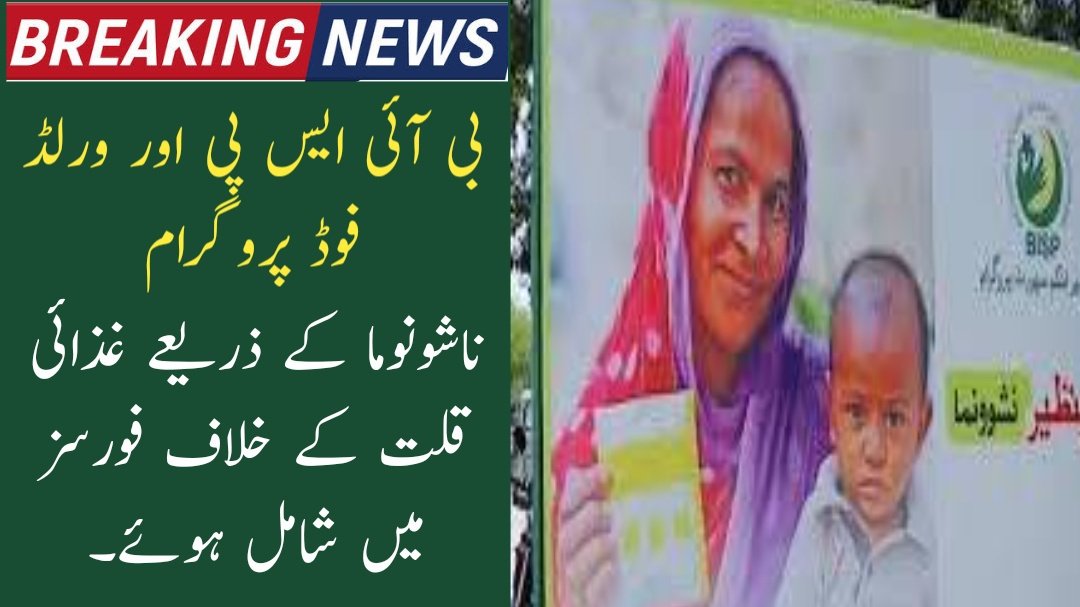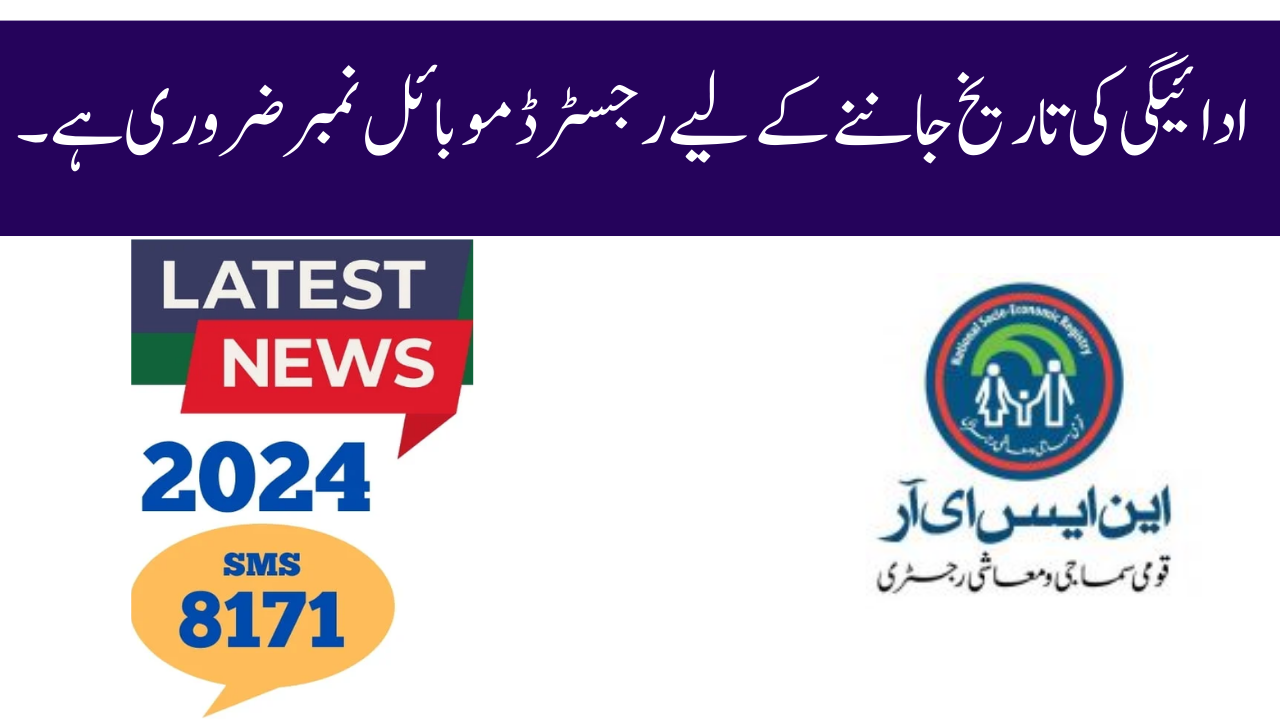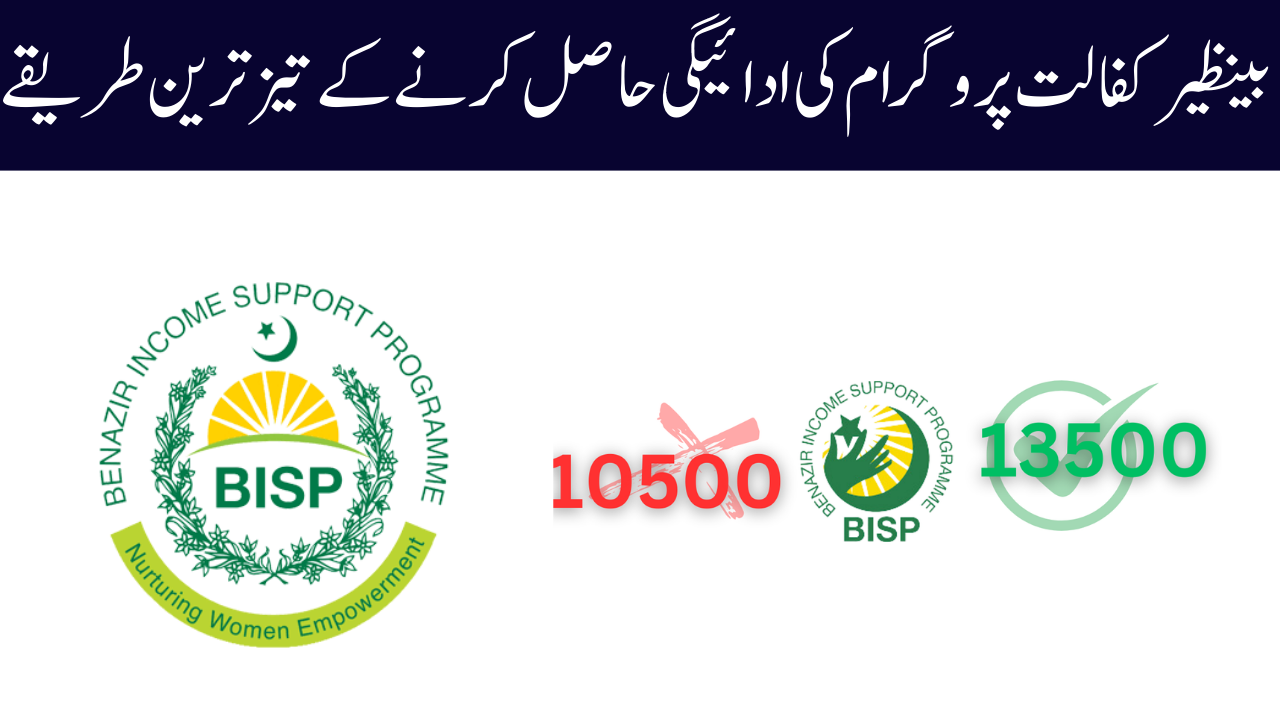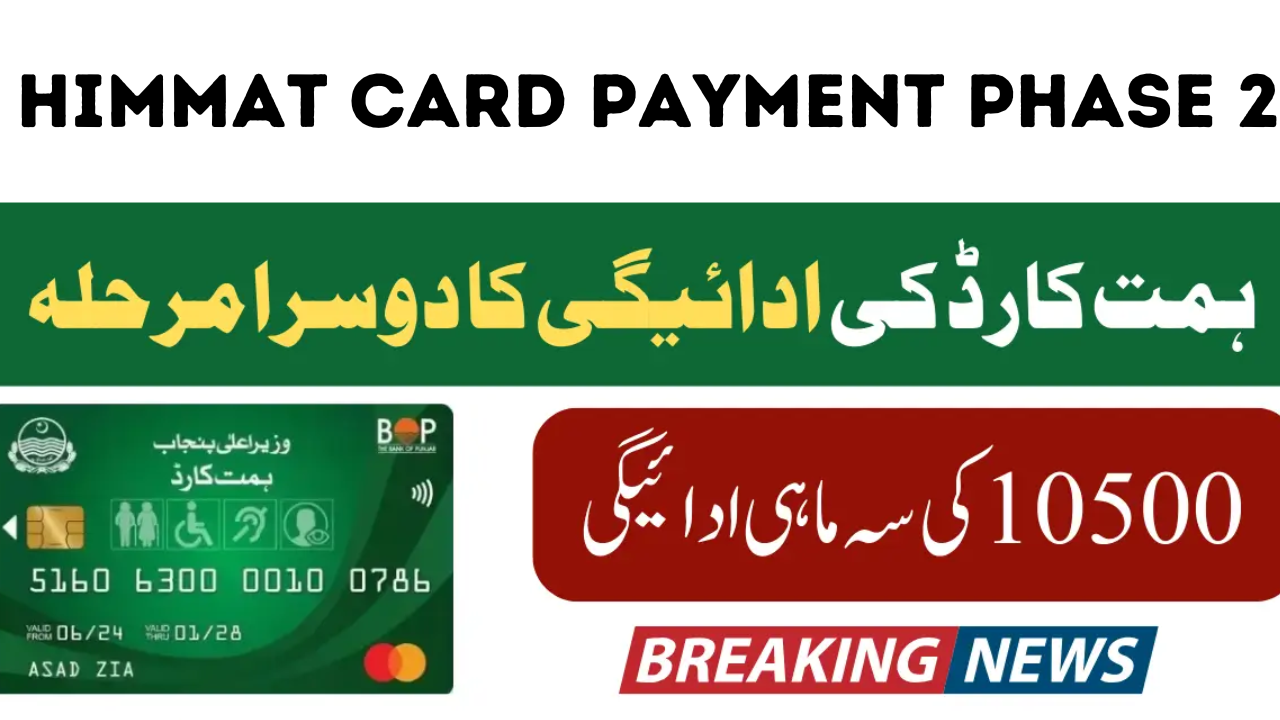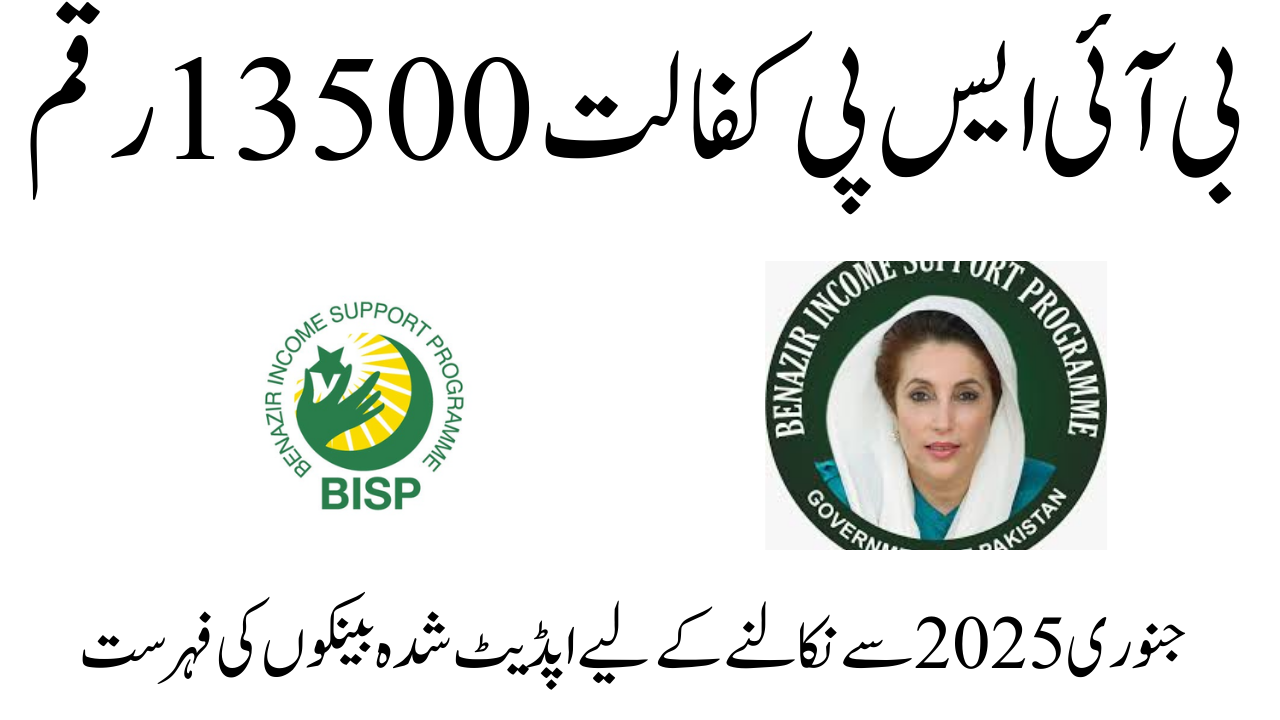The Benazir Income Support Programme (BISP) has worked with the World Food Programme (WFP) to address malnutrition in Pakistan. This collaboration seeks to assist vulnerable groups, such as children and pregnant women, who are disproportionately affected by malnutrition. Through the Nashonuma Program, both organizations collaborate to give targeted nutritional support to these populations, ensuring they receive the care and sustenance they require to be healthy.
Also Read: How the Green Tractor Scheme is Helping Farmers (New Update)
| Aspect | Details |
| Program Name | Nashonuma |
| Partnership | BISP and WFP |
| Focus | Nutrition for children and pregnant women |
| Key Support | Cash transfers and food distribution |
The Objective of the Nashonuma Program
The Nashonuma Program’s primary goal is to improve the nutritional health of pregnant women, nursing mothers, and children under the age of two. These populations are the most susceptible to malnutrition, which can have long-term health consequences. The effort is intended to focus on maternal and child health, with the goal of breaking the cycle of poor nutrition that continues from generation to generation. Nashonuma hopes that by increasing the nutrition of mothers and young children, she may promote healthier futures for families across Pakistan.

Key Components of the Nashonuma Program
The Nashonuma Program includes several critical components meant to help families: Conditional Cash Transfers: Families receive cash transfers if they adopt improved nutrition practices and provide proper care for mothers and children. Distribution of Specialized Food: The program also offers specially fortified food to pregnant and nursing mothers, as well as children, to assist prevent malnutrition during important developmental phases. Health and Nutrition Awareness: Families are taught on the importance of nutrition, hygiene, and healthcare, allowing them to make better health decisions. These components collaborate to ensure that moms and children not only receive direct aid, but also learn how to sustain a healthy lifestyle in the long run.
Also Read: Good News: Punjab Launches Free Heart Surgery Program for Children
How the Collaboration with WFP Enhances the Program
The Nashonuma Programme benefits from the World Food Programme’s expertise and support. The WFP shares its global experience addressing hunger and food insecurity. With their assistance, BISP will be able to better oversee food distribution, ensuring that families in need receive nutritional support. Furthermore, WFP provides technical assistance in designing the program in accordance with international standards, as well as training local health workers to properly deliver the program.
Impact of the Nashonuma Program
Since its inception, the Nashonuma Program has had a good influence on the regions where it has been implemented. Families that get specialized food and conditional financial transfers report better health outcomes for both moms and children. The approach is already reducing cases of stunting and wasting, which are both severe indications of malnutrition. Nashonuma’s focus on these key health issues is expected to create a lasting change in the health of Pakistan’s disadvantaged communities.

Conclusion
The partnership between BISP and the World Food Programme through the Nashonuma Program is a significant step forward in Pakistan’s fight against malnutrition. The initiative promotes healthier communities by giving financial and nutritional support to moms and children. Nashonuma addresses current nutritional requirements through education and targeted interventions while also promoting long-term health and well-being for future generations. This collaboration is an excellent illustration of how multinational collaborations can work together to address crucial public health challenges.

